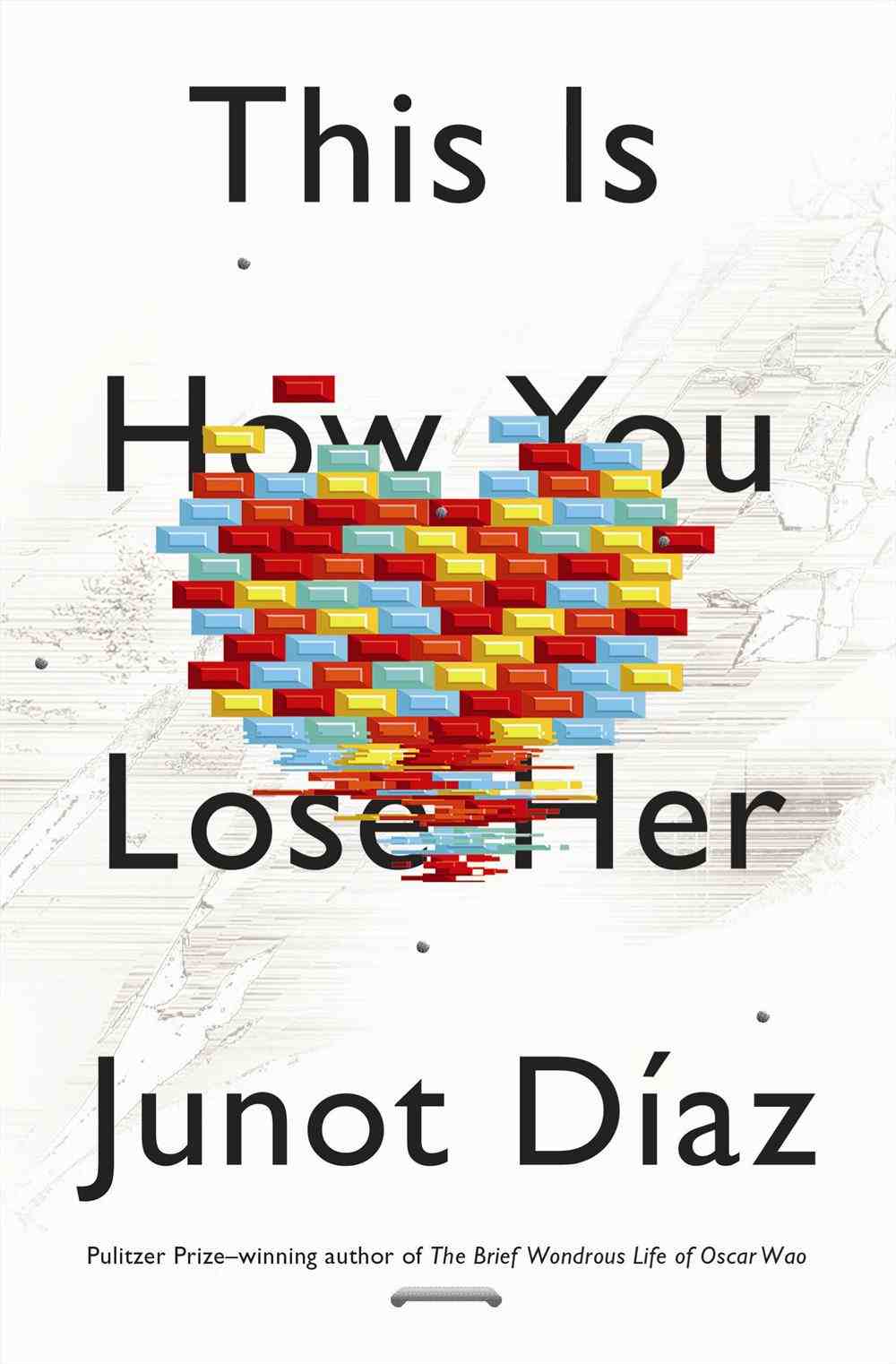It took me a while to realize that I was reading a collection of short stories, not a novel - Diaz's narrative tone is so autobiographical throughout and his characters recurrent that the stories, like Hemingway's Nick Adams stories, string together effortlessly.
This Is How You Lose Her revolves around, Yunior, a reckless yet innately sensitive womanizer who goes around breaking hearts but always eventually gets his fair share of karma and learns that he's become prone to "losing 'her,'" whoever 'she' may be - his high school teacher, his fiancee, or maybe even just some 'sucia' he met at a club.
From being subconsciously aware of his father's dishonesty (I may be wrong but it was heavily insinuated) to watching his brother recycle helplessly stricken girls, Yunior finally becomes the fickle, mercurial "Dominican man" most girls in the stories come to stereotype and avoid; he is left in adulthood, suffering from stenosis and sour.
The best in this collection are: The Pura Principle (the funniest), Invierno (the tenderest) and The Cheater's Guide to Love (the most confessional and heartfelt one of all).
Sadly, one story - Otravida, Otravez - fits uncomfortably into the collection because it is written in the perspective of a woman and trammels the otherwise continuous flow of Diaz's narrative; nonetheless, This Is How You Lose Her is a quick and hilarious read.
I'll definitely read Drown and The Brief Wondrous Life of Oscar Wao; from what I've heard, they embody the same, if not more, explosive literary energy Diaz pours into This Is How You Lose Her.

“A father is a hard thing to compass.”
“In the months that follow you bend to the work, because it feels like hope, like grace--and because you know in your lying cheater's heart that sometimes a start is all we ever get.”
“Ana Iris once asked me if I loved him and I told her about the lights in my old home in the capital, how they flickered and you never knew if they would go out or not. You put down your things and you waited and couldn't do anything really until the lights decided. This, I told her, is how I feel.”

No comments:
Post a Comment